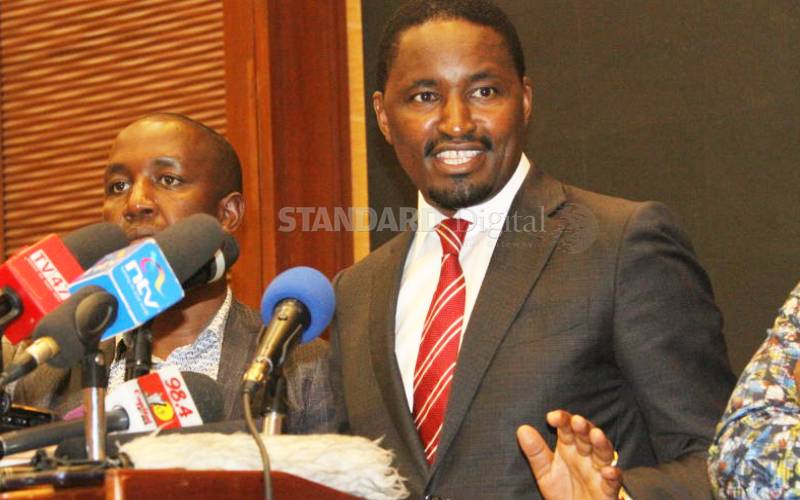×
The Standard e-Paper
Join Thousands Daily

Sacked Mwangi Kiunjuri, whose tenure at the Agriculture ministry was laden with false steps.
President Uhuru Kenyatta announced a raft of measures aimed at jump-starting the economy in order to put money in the pockets of those at the base of the pyramid.